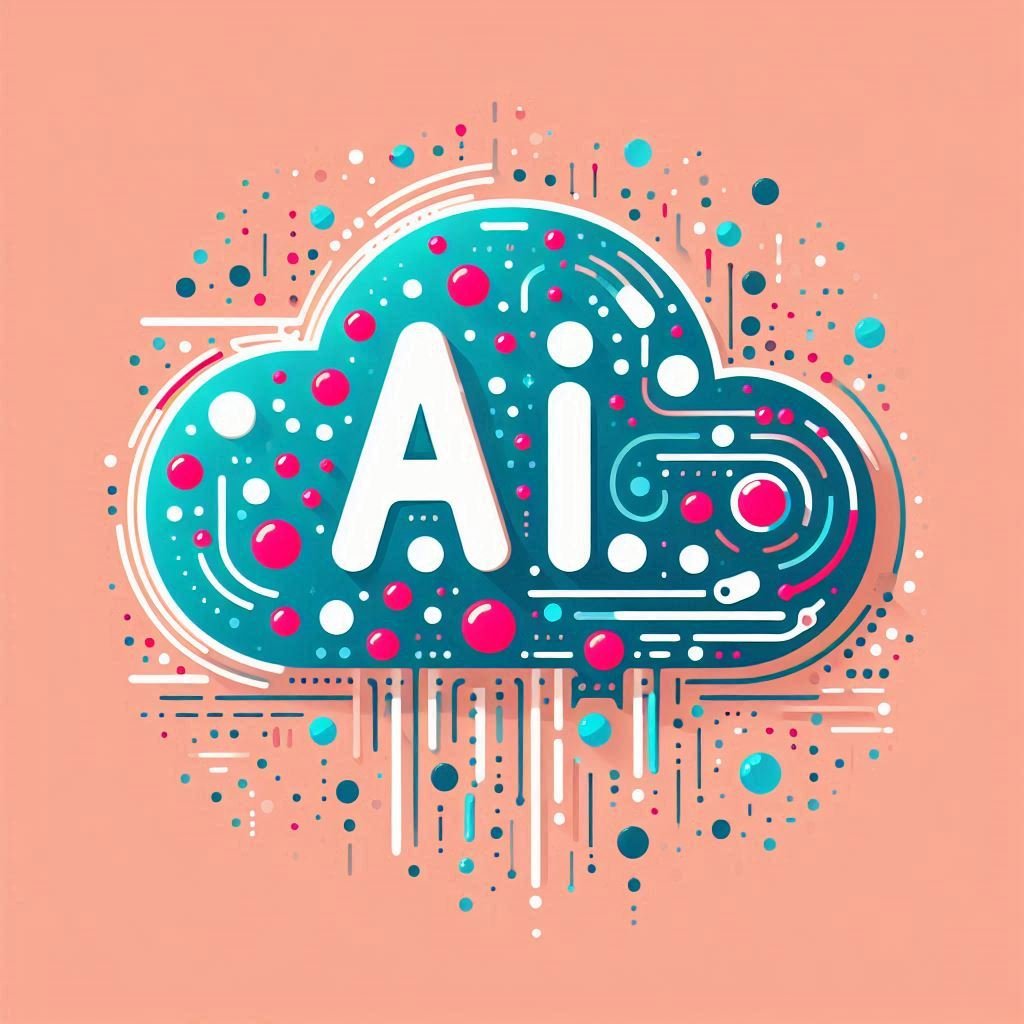Paris AI Summit: Global Agreements, Divisions, and a New Push for Sustainable AI
The Artificial Intelligence (AI) Action Summit, held on February 10 and 11, 2025, at the Grand Palais in Paris, brought together world leaders, tech CEOs, researchers, and civil society representatives to shape the future of AI. The summit focused on governance, innovation, economic impacts, and the environmental consequences of AI's rapid expansion.
One of the key outcomes was a joint declaration endorsed by 61 countries, including France, India, and China, committing to the development of "open, inclusive, and ethical" AI. The agreement highlighted concerns about AI's impact on the labor market and the need to prevent monopolization while ensuring AI remains widely accessible.
However, both the United States and the United Kingdom declined to sign the declaration. U.S. Vice President JD Vance urged European nations to embrace AI innovation with optimism rather than excessive regulation, calling for "international regulatory regimes that foster creation." Meanwhile, a UK government spokesperson defended the decision, stating that the declaration "did not reflect the UK’s policy positions on opportunity and security."
A New Focus on AI’s Environmental Impact
Beyond governance and economic concerns, the summit also introduced a new coalition focused on AI sustainability, acknowledging the environmental footprint of AI development. While AI is being used to monitor methane emissions, track deforestation, and improve energy efficiency, experts warn of its negative environmental effects, including:
High electricity and water consumption from AI infrastructure
Electronic waste from rapid hardware obsolescence
Data centers’ growing carbon footprint
The Coalition for Sustainable AI aims to raise awareness and integrate AI sustainability into global discussions in the same way AI security and AI ethics have become key policy topics.
Broader AI Agreements and Initiatives
In addition to the joint declaration and the launch of the Coalition for Sustainable AI, the summit introduced the "Pledge for a Trustworthy AI in the World of Work." This initiative aligns with OECD recommendations and the G7 Action Plan, emphasizing the need for AI to support fair labor practices, worker protections, and job creation rather than fueling economic inequality.
The pledge calls for greater transparency in AI-driven hiring and workplace monitoring, ensuring AI tools are developed and deployed responsibly. As AI increasingly shapes industries and employment patterns, governments and businesses will face mounting pressure to balance automation with workforce stability.
The Path Forward
With major players like the US and UK opting out of the declaration, questions persist about the future of international AI regulation and whether a truly unified approach is possible.
Looking ahead, discussions will likely continue at upcoming G7 and G20 meetings, where nations will seek to address unresolved concerns about AI’s role in the economy, competition laws, and geopolitical power balances. The sustainability coalition’s work will also evolve, with initiatives to monitor AI’s energy consumption, reduce electronic waste, and integrate green computing standards.
As AI continues to reshape industries, policies, and environmental strategies, the divide between regulation-heavy and innovation-driven approaches will remain a defining challenge for years to come.

